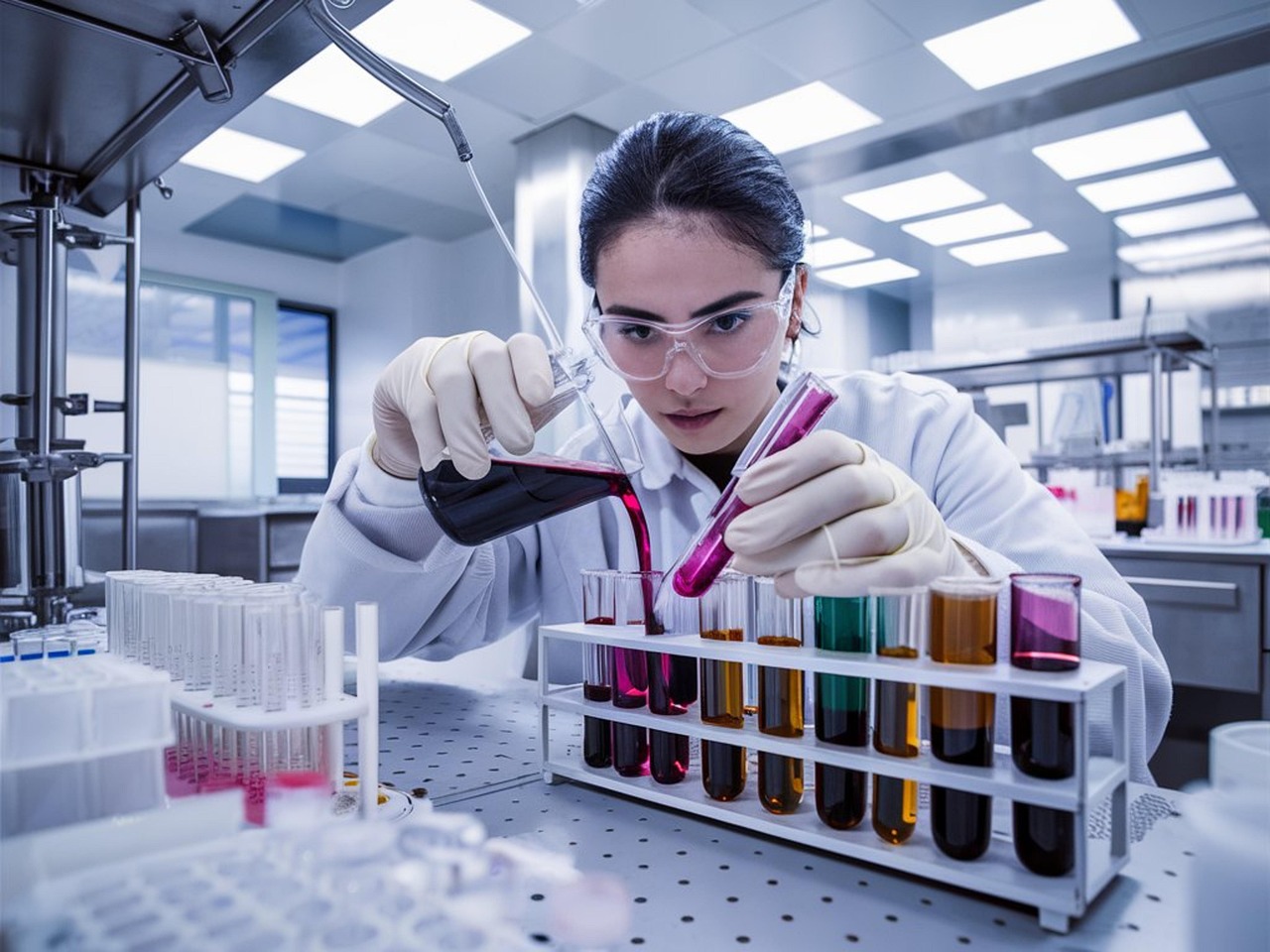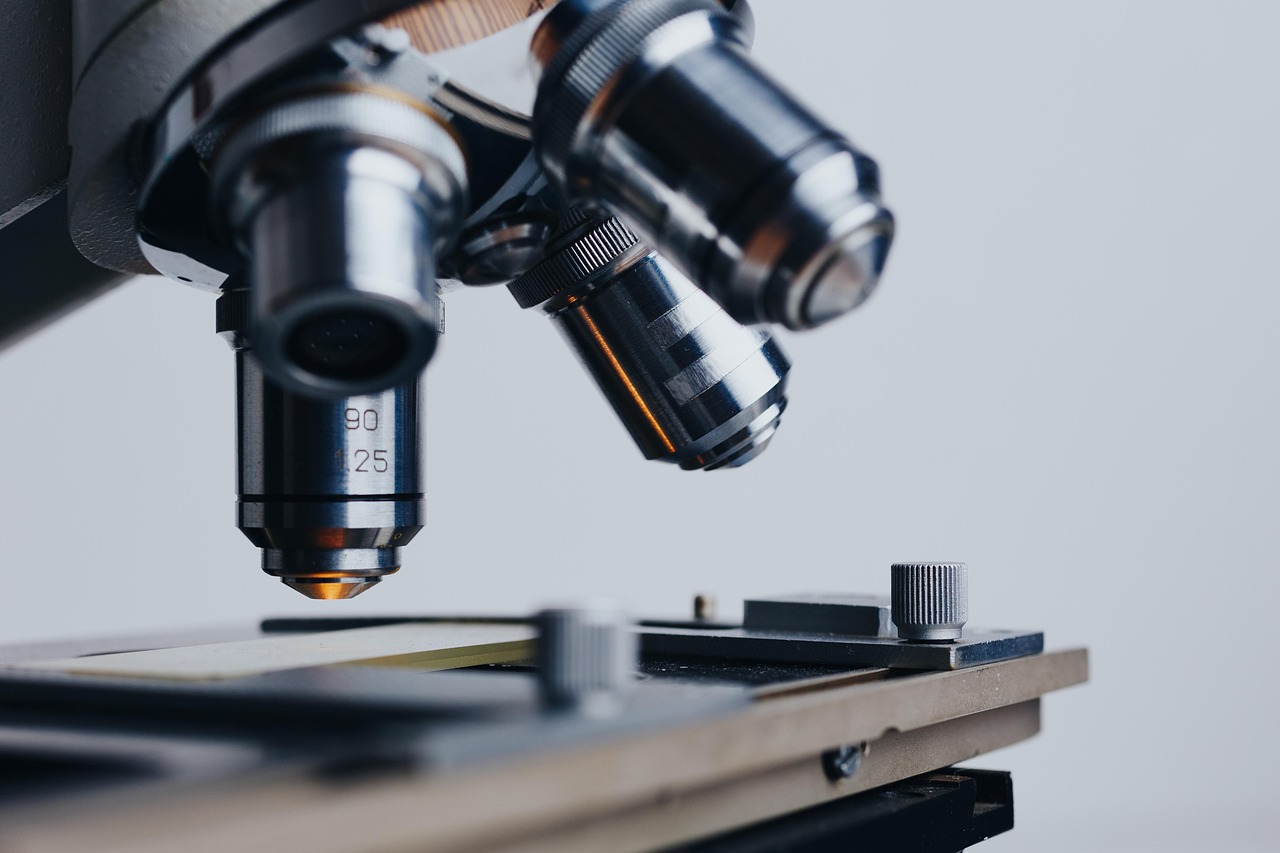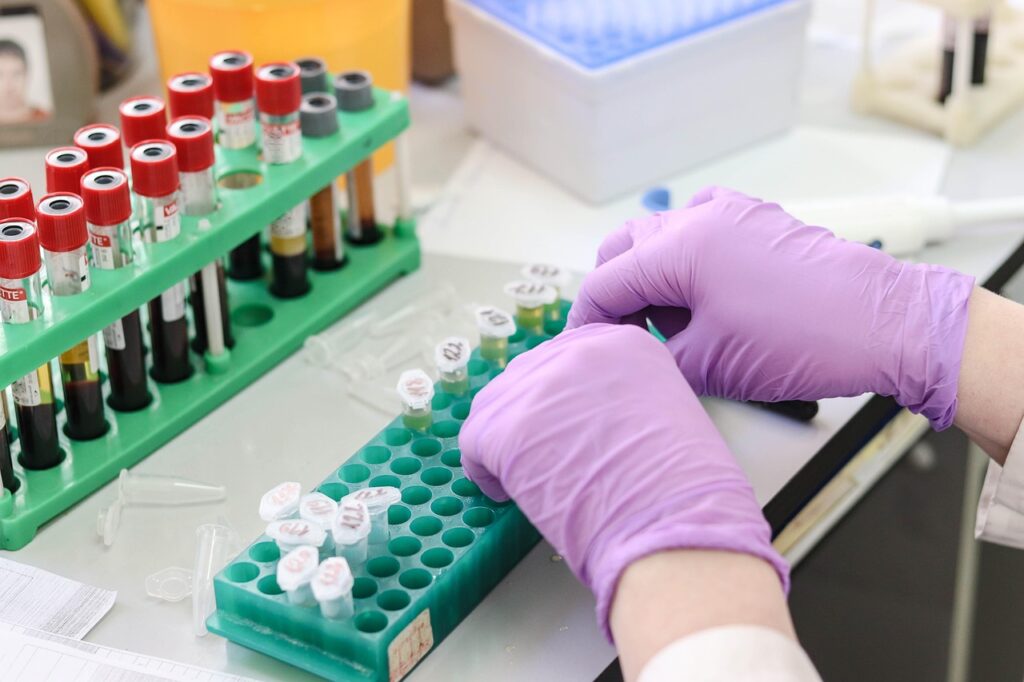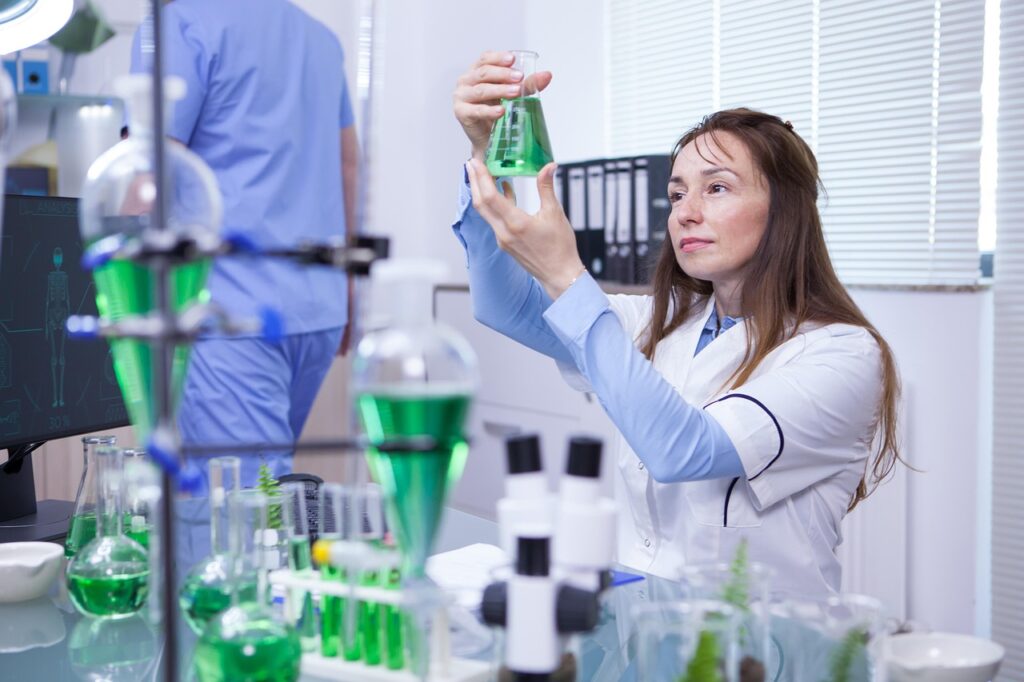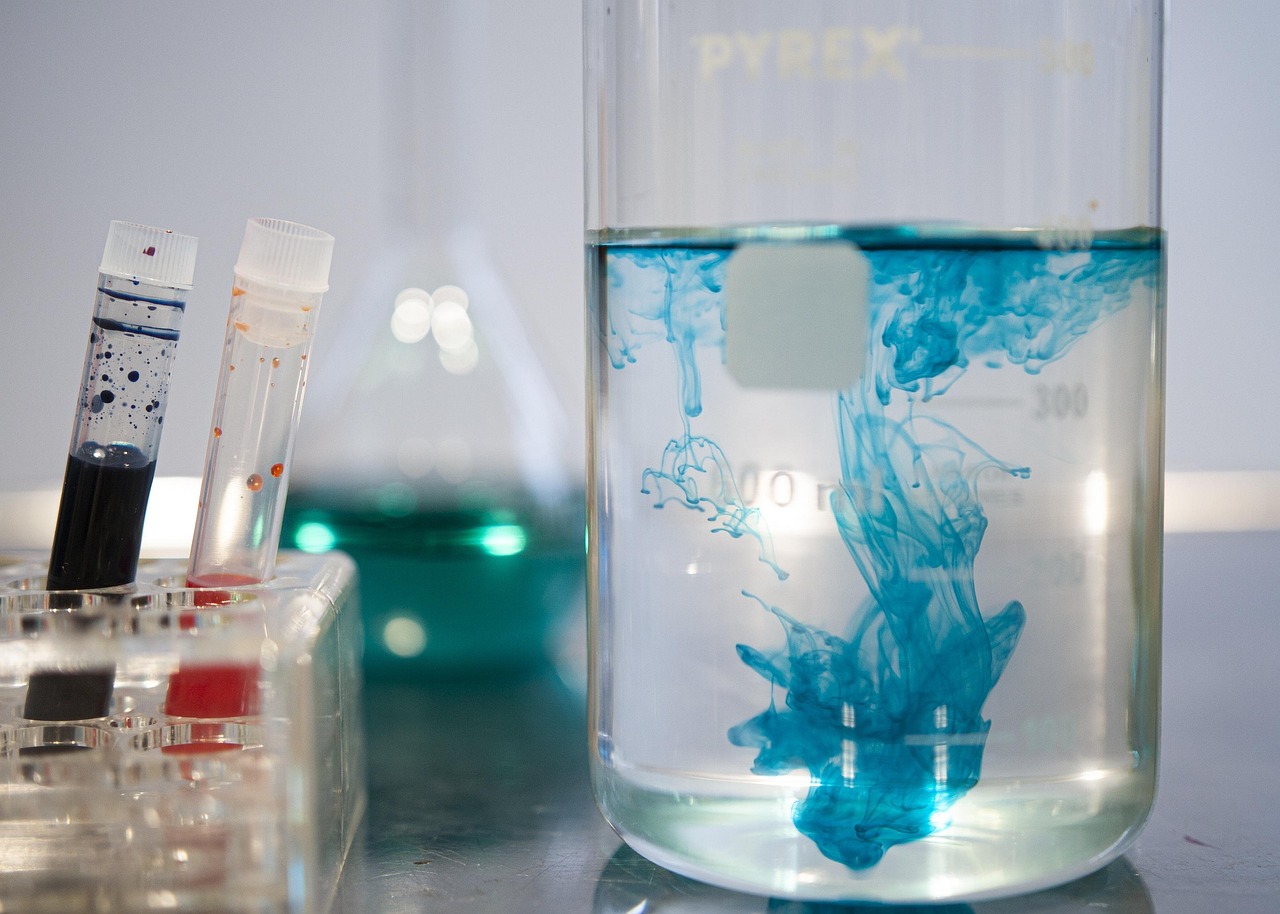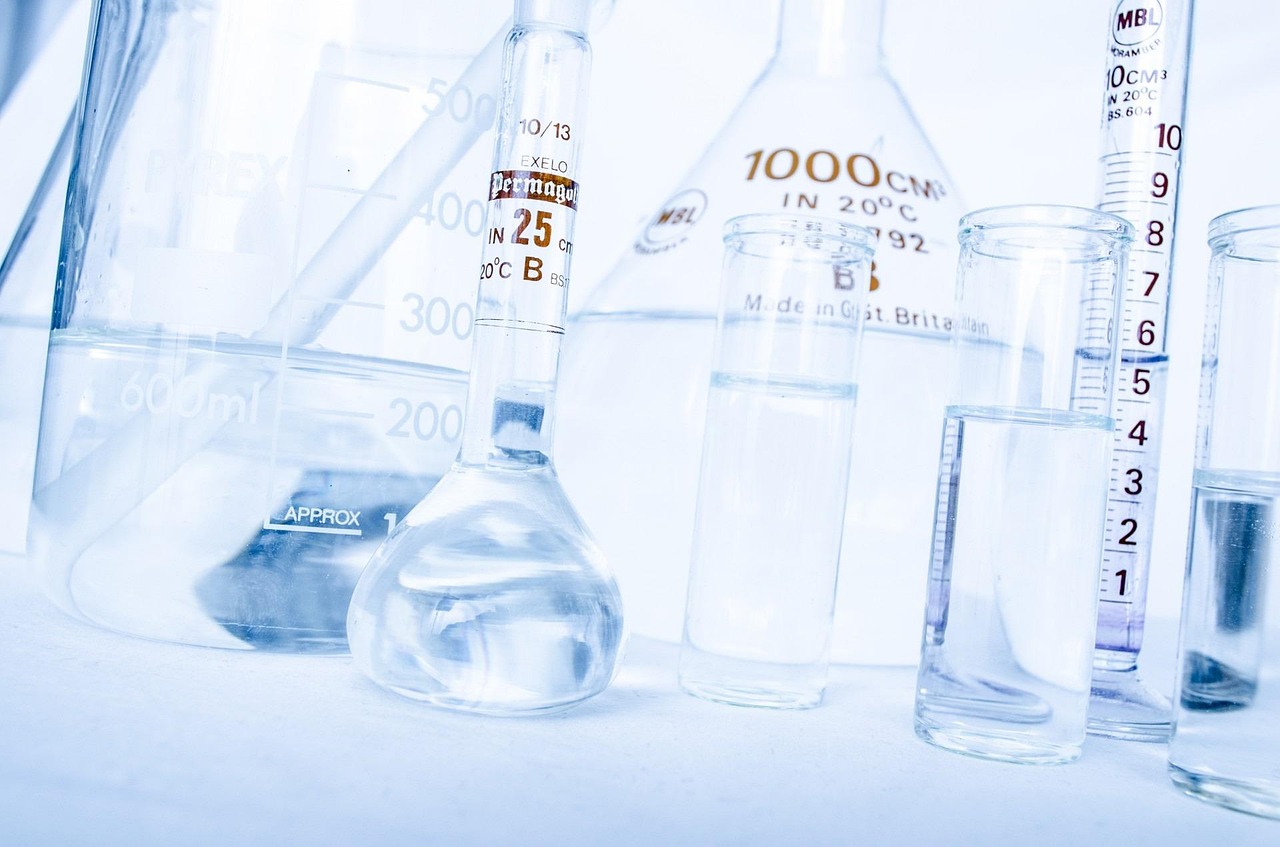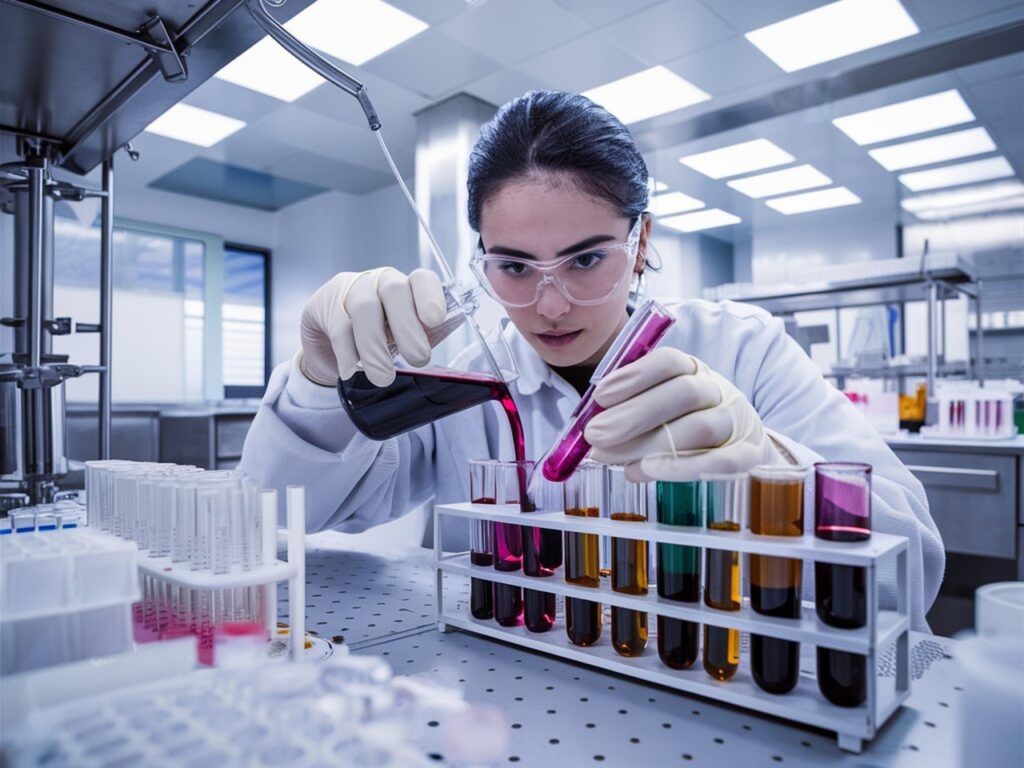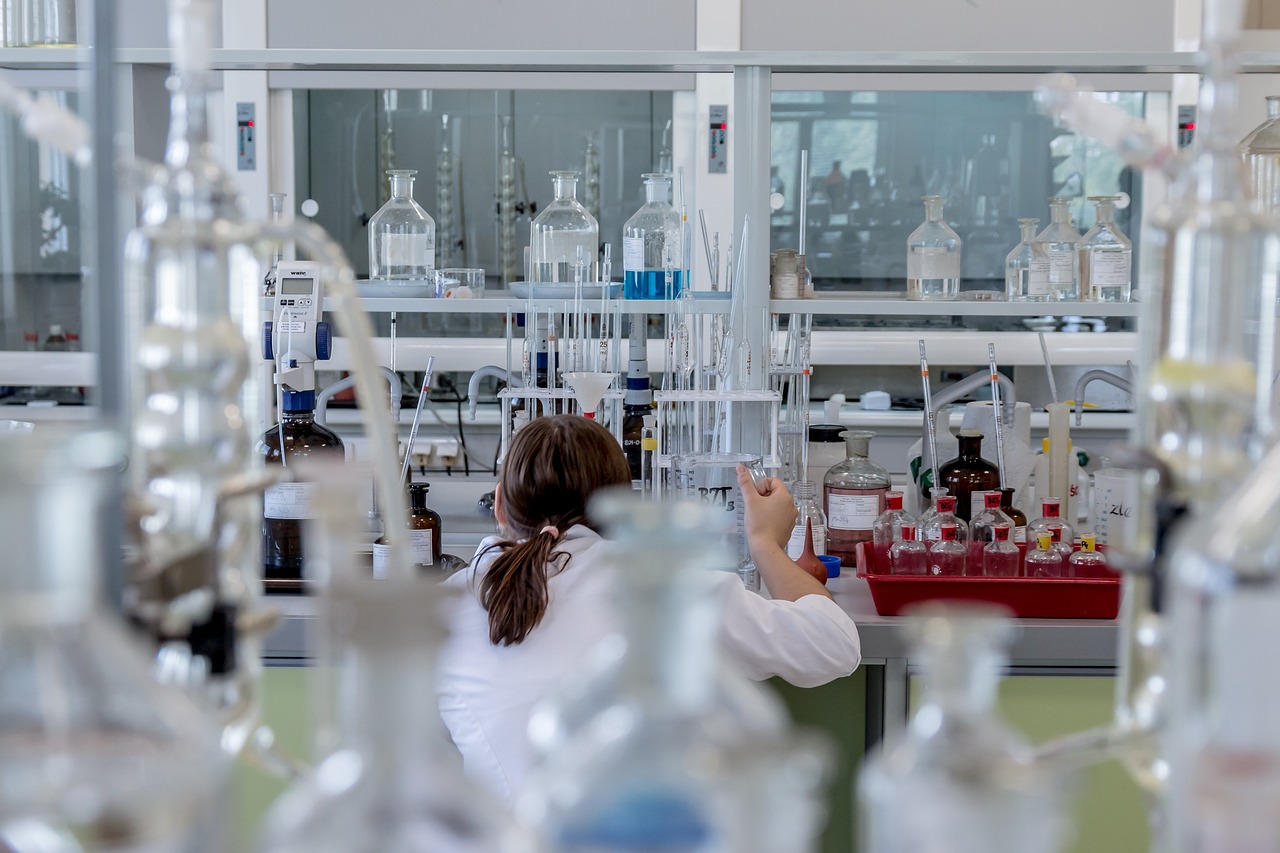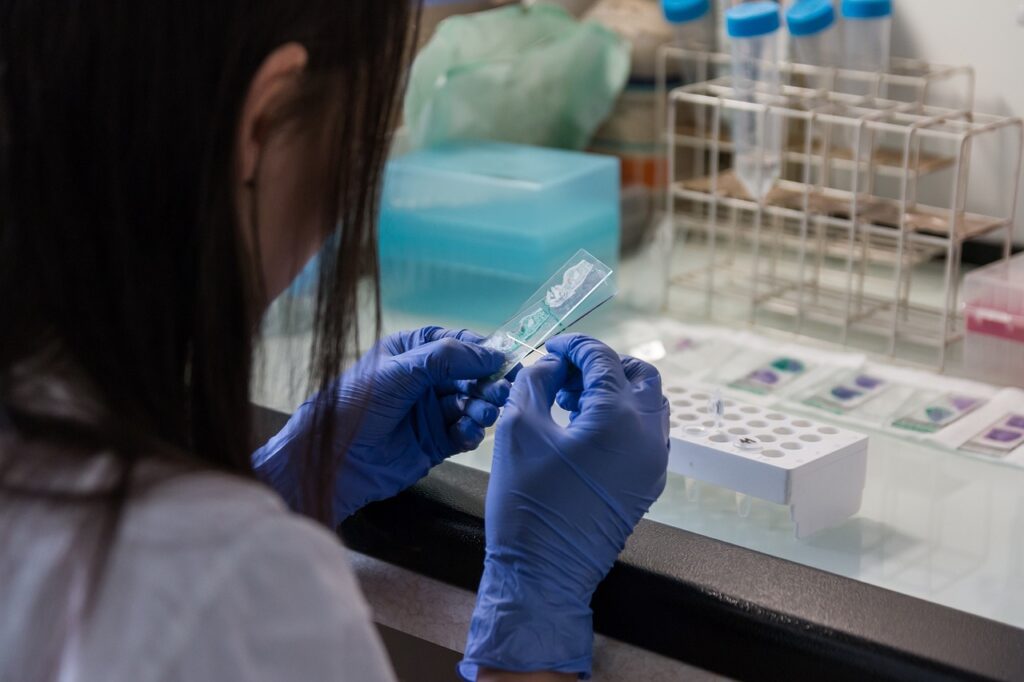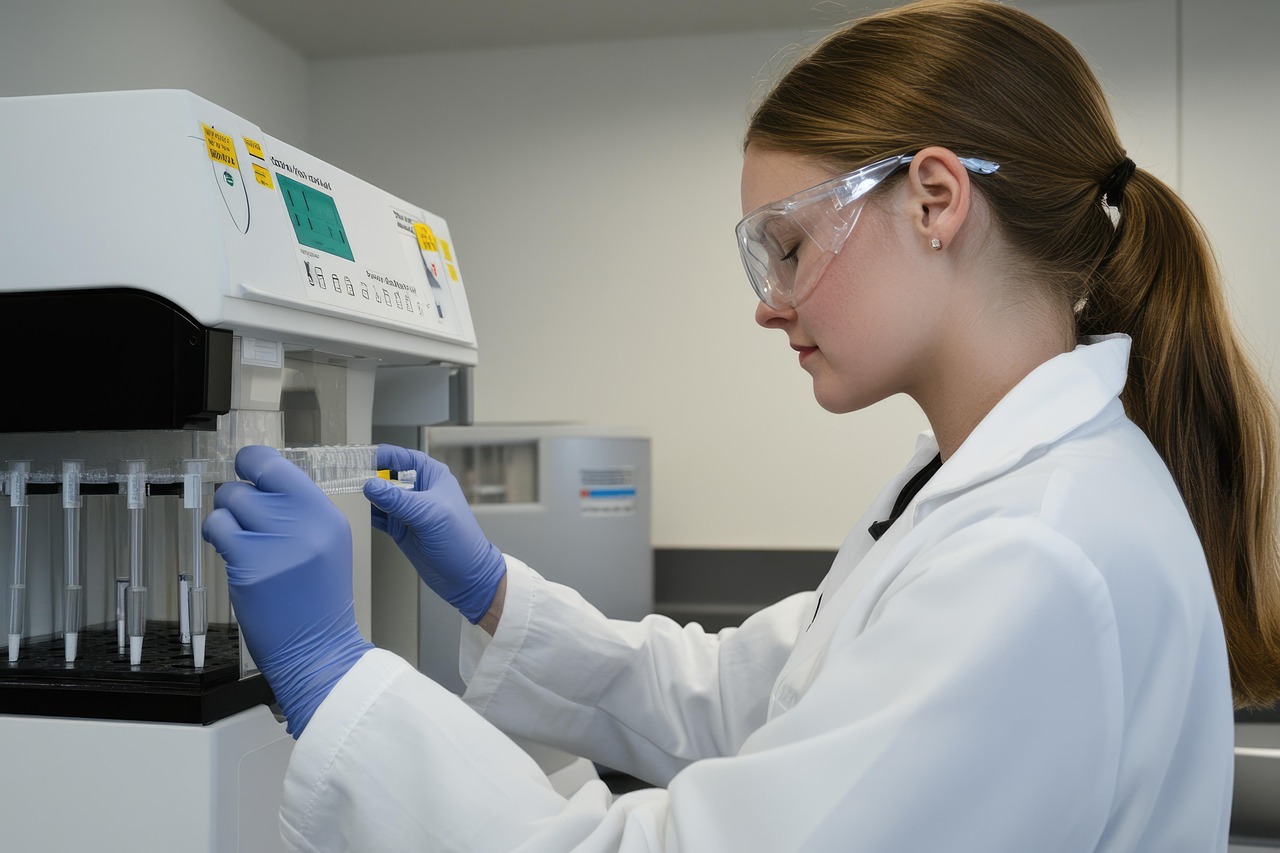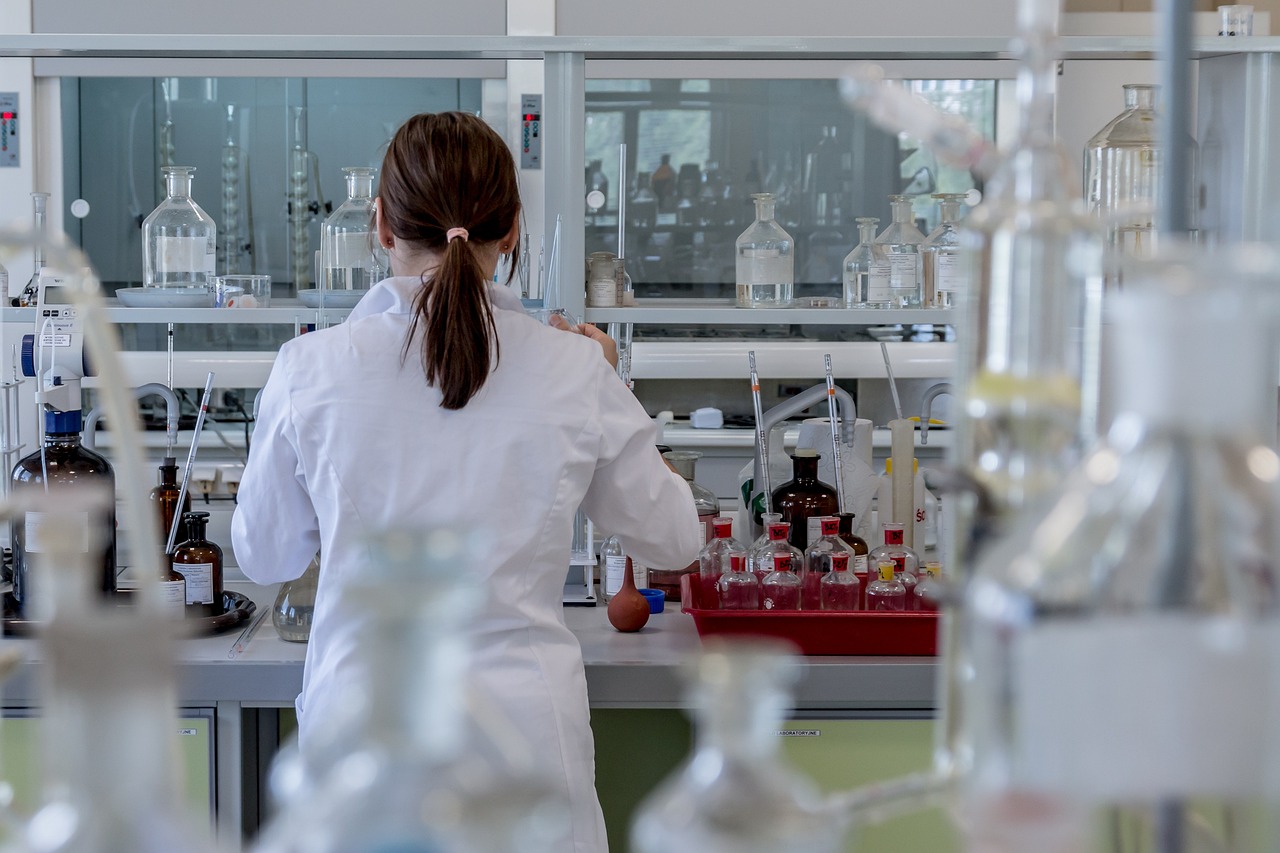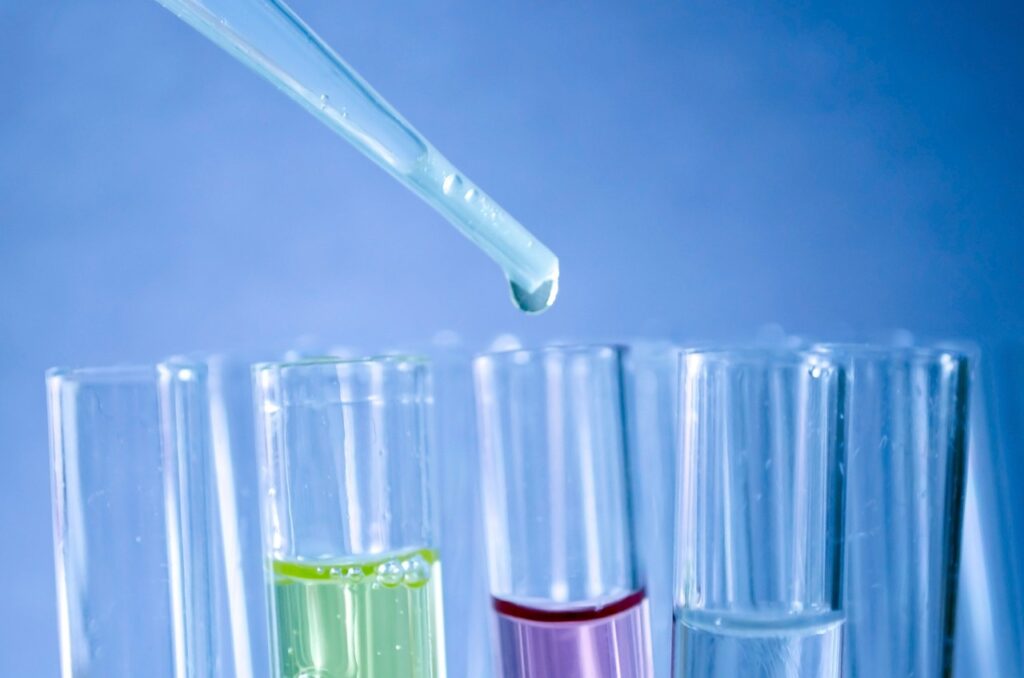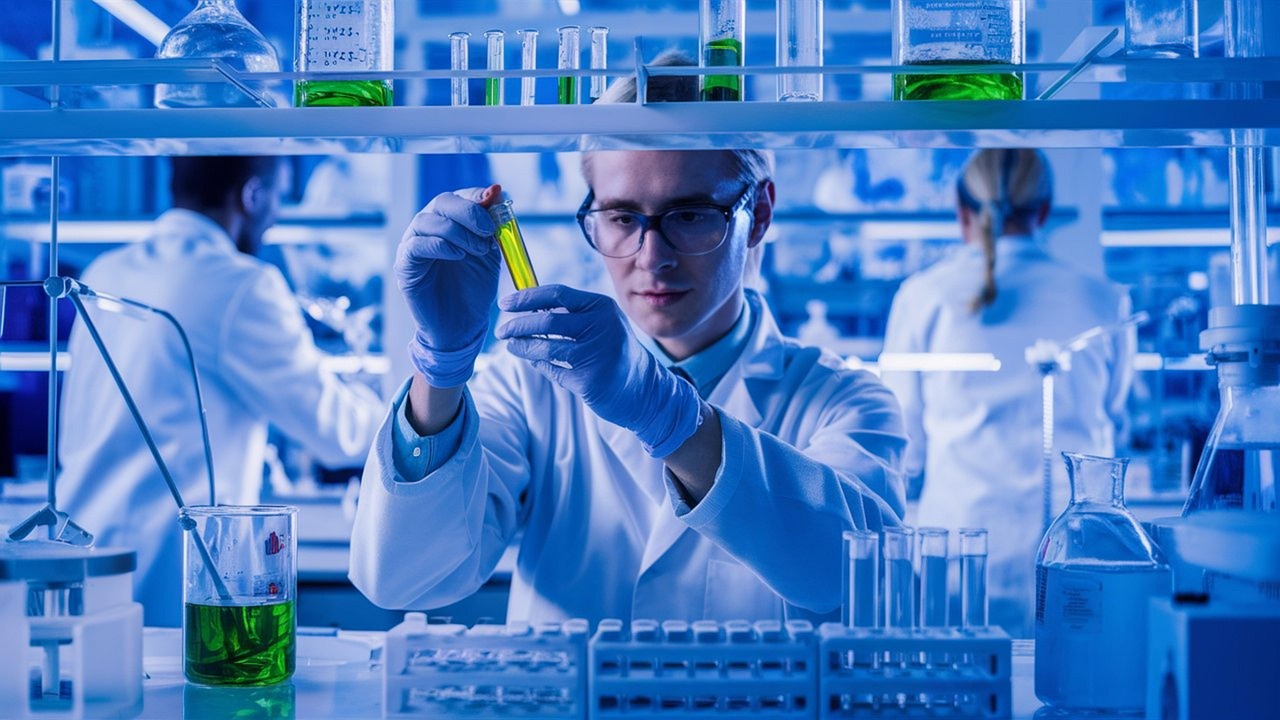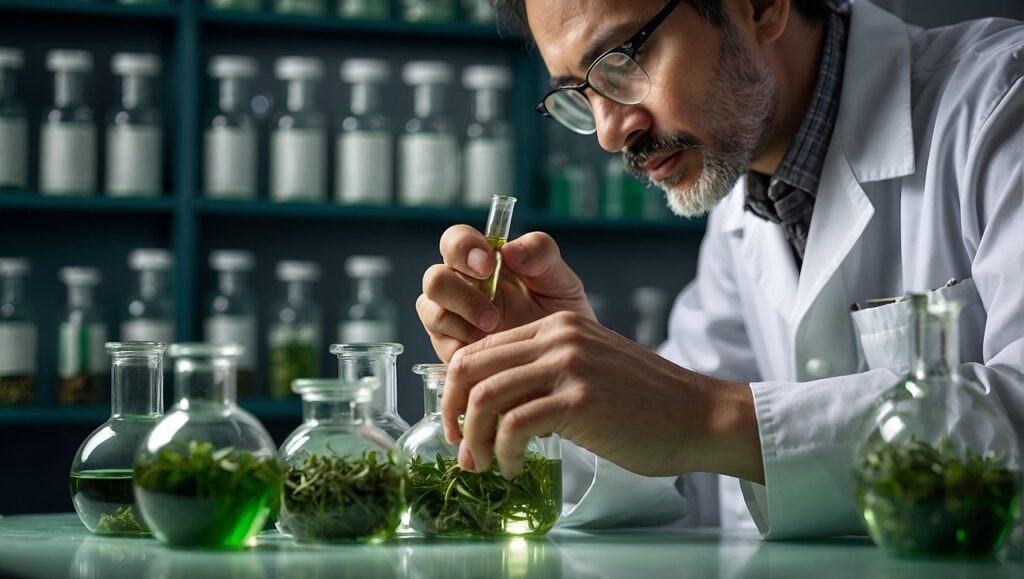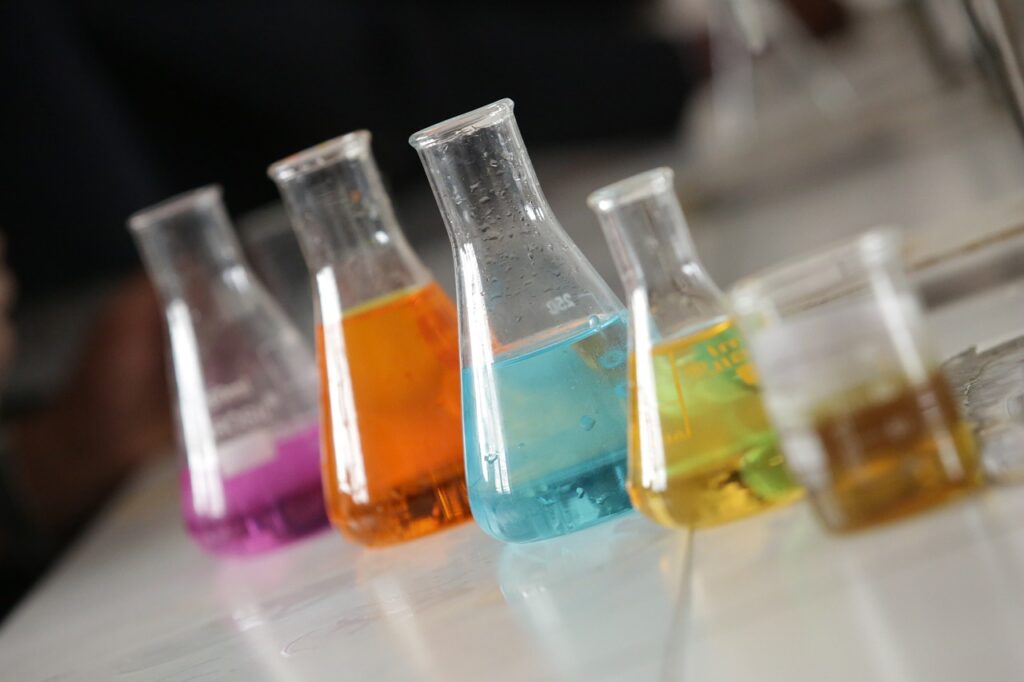The safety of food is crucial in a nation as big and varied as India. Ensuring food quality has become increasingly crucial for both manufacturers and regulatory bodies, due to the growing packaged food industry and rising consumer awareness. Food testing labs in India are essential in this regard, serving as a link between public health and regulatory compliance.
India's highest authority for regulating and overseeing food product safety is the Food Safety and Standards Authority of India (FSSAI). Every food product that reaches customers is safe, hygienic, and free of dangerous pollutants thanks to the efforts of food testing labs located all throughout the nation, which closely adhere to FSSAI guidelines.
The Role of FSSAI in Food Safety
The Food Safety and Standards Act of 2006 created the FSSAI. Its main goal is to safeguard and advance public health by regulating and monitoring food safety. All food business operators (FBOs) are required to abide by the extensive criteria established by the FSSAI. These include, among other things, requirements for food pollutants, additives, packaging, labeling, and cleanliness.
FSSAI uses a network of accredited food testing labs to do scientific analysis and produce reports on food samples in order to enforce these standards. These labs assist in locating non-compliance, launching remedial measures, and guaranteeing that food items fulfill the required safety standards.
Accreditation and Recognition of Food Testing Labs
Official food testing can only be carried out by labs that have been accredited by the National Accreditation Board for Testing and Calibration Laboratories (NABL) and approved by the FSSAI. This accreditation guarantees that the lab's equipment, analytical methods, and quality management systems adhere to international best practices.
A comprehensive assessment of the lab's infrastructure, knowledgeable staff, analysis techniques, and reporting procedures is required for FSSAI registration. A lab that receives recognition is given the role of assisting in the enforcement of food regulations and is incorporated into the national framework for food safety.
Key Testing Parameters in FSSAI Compliance
Food Testing Labs in India conduct a variety of tests based on the guidelines provided by FSSAI. These tests ensure that food products do not pose any health hazards and are compliant with Indian food safety regulations. Common parameters include:
- Chemical Testing: Detects the presence of additives, preservatives, pesticide residues, and heavy metals.
- Microbiological Testing: Identifies harmful pathogens such as E. coli, Salmonella, Listeria, and others.
- Nutritional Labelling Verification: Ensures the accuracy of nutritional claims made on product labels.
- Adulteration Detection: Finds non-permitted substances or economically motivated adulterants.
- Shelf-life and Stability Testing: Determines the durability and safety of food over time.
Each test is performed according to standard methods defined in the FSSAI manual or globally accepted practices like those from Codex Alimentarius.
Sample Collection and Handling Protocols
Proper sample collection is the first step towards compliance with FSSAI standards. To avoid contamination or deterioration, the FSSAI has established particular procedures for the collection, storage, and transportation of food samples. Samples are gathered from production facilities, distribution hubs, or retail locations by qualified staff from regulatory agencies or accredited laboratories.
After arriving at the laboratory, the sample is coded, registered, and kept in a controlled environment. The integrity of the test results is guaranteed by maintaining proper documentation and chain of custody throughout the procedure.
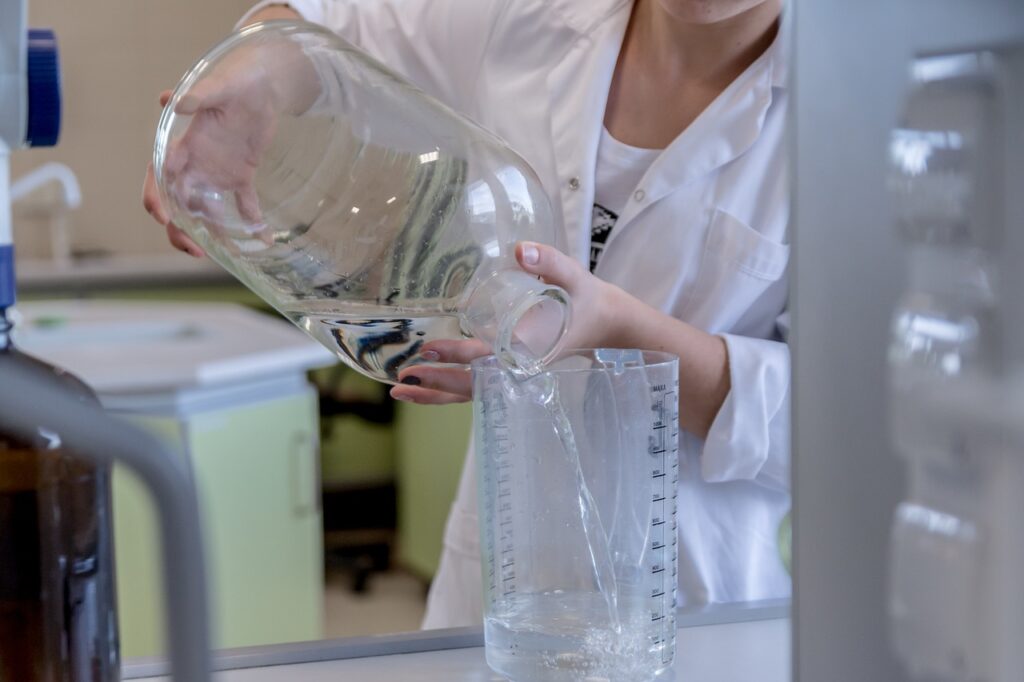
Reporting and Regulatory Action
Proper sample collection is the first step towards compliance with FSSAI standards. To avoid contamination or deterioration, the FSSAI has established particular procedures for the collection, storage, and transportation of food samples. Samples are gathered from production facilities, distribution hubs, or retail locations by qualified staff from regulatory agencies or accredited laboratories.
After arriving at the laboratory, the sample is coded, registered, and kept in a controlled environment. The integrity of the test results is guaranteed by maintaining proper documentation and chain of custody throughout the procedure.
Technological Advancements in Indian Food Testing Labs
Modern food testing labs are furnished with cutting-edge equipment like mass spectrometry (MS), gas chromatography (GC), and high-performance liquid chromatography (HPLC). Even impurities at the trace level can be detected with high sensitivity and accuracy thanks to these instruments.
To increase efficiency and transparency, a lot of labs are also implementing Laboratory Information Management Systems (LIMS) and digital reporting systems. This helps both clients and regulators access real-time updates and track compliance efficiently.
Challenges and Opportunities
Despite the growing network of food testing labs, India faces several challenges:
- Uneven distribution of labs across states
- Limited awareness among small-scale food businesses
- High cost of advanced testing techniques
- Delay in sample collection and reporting
However, initiatives like the Food Testing Infrastructure Scheme (FTIS) by FSSAI and public-private partnerships are helping to bridge these gaps. With increasing consumer demand for transparency and safety, the role of Food Testing Labs is more vital than ever.
Conclusion
In summary, Food Testing Labs in India are critical to ensuring that the nation’s food supply is safe, nutritious, and compliant with regulatory norms. By working in tandem with FSSAI standards, these labs not only uphold food quality but also protect public health on a large scale.
As India continues to advance in food innovation and exports, the importance of a robust food testing ecosystem will only grow. Businesses and consumers alike must recognize the pivotal role these labs play in building a safer, healthier food culture for all.

